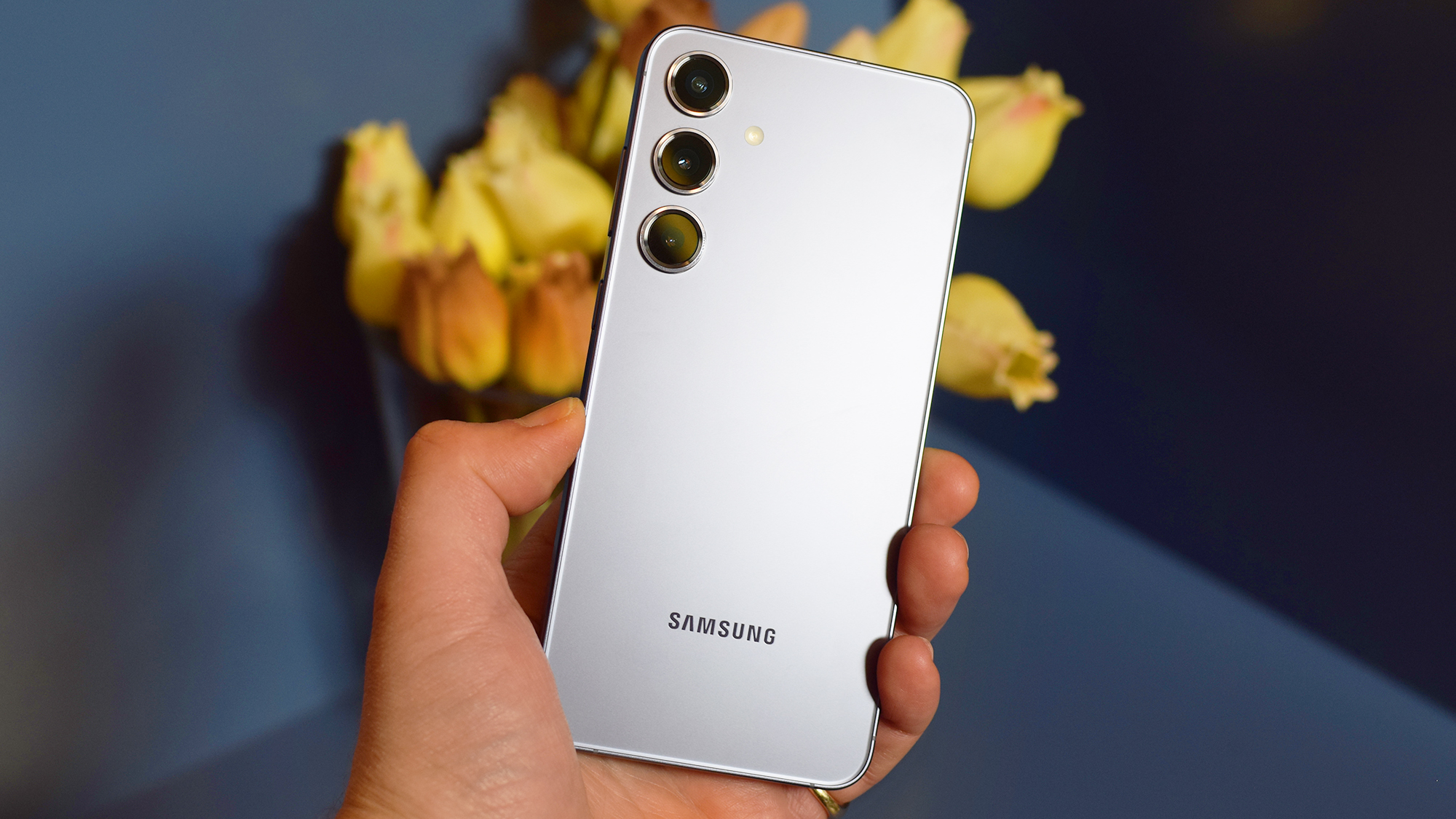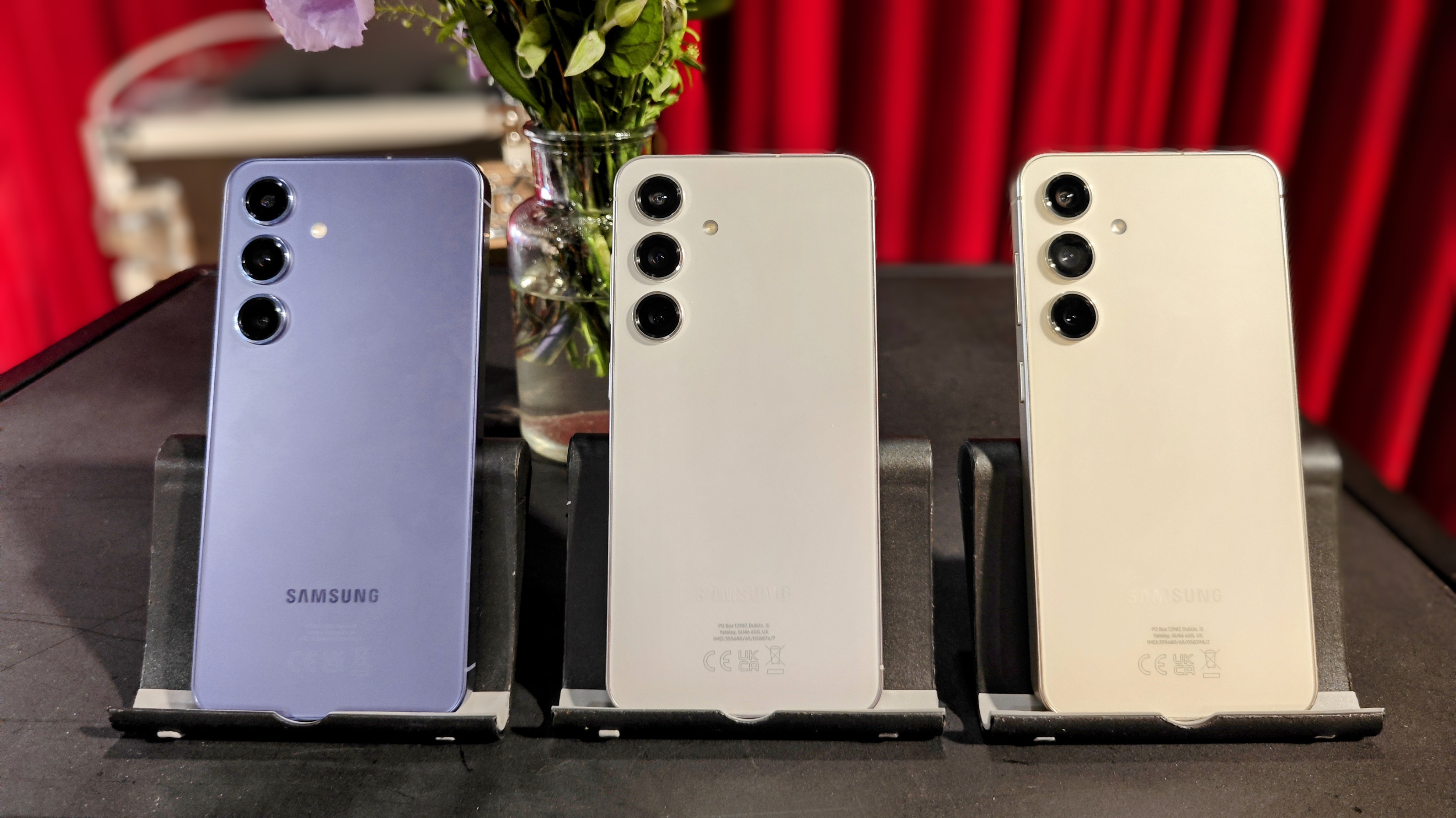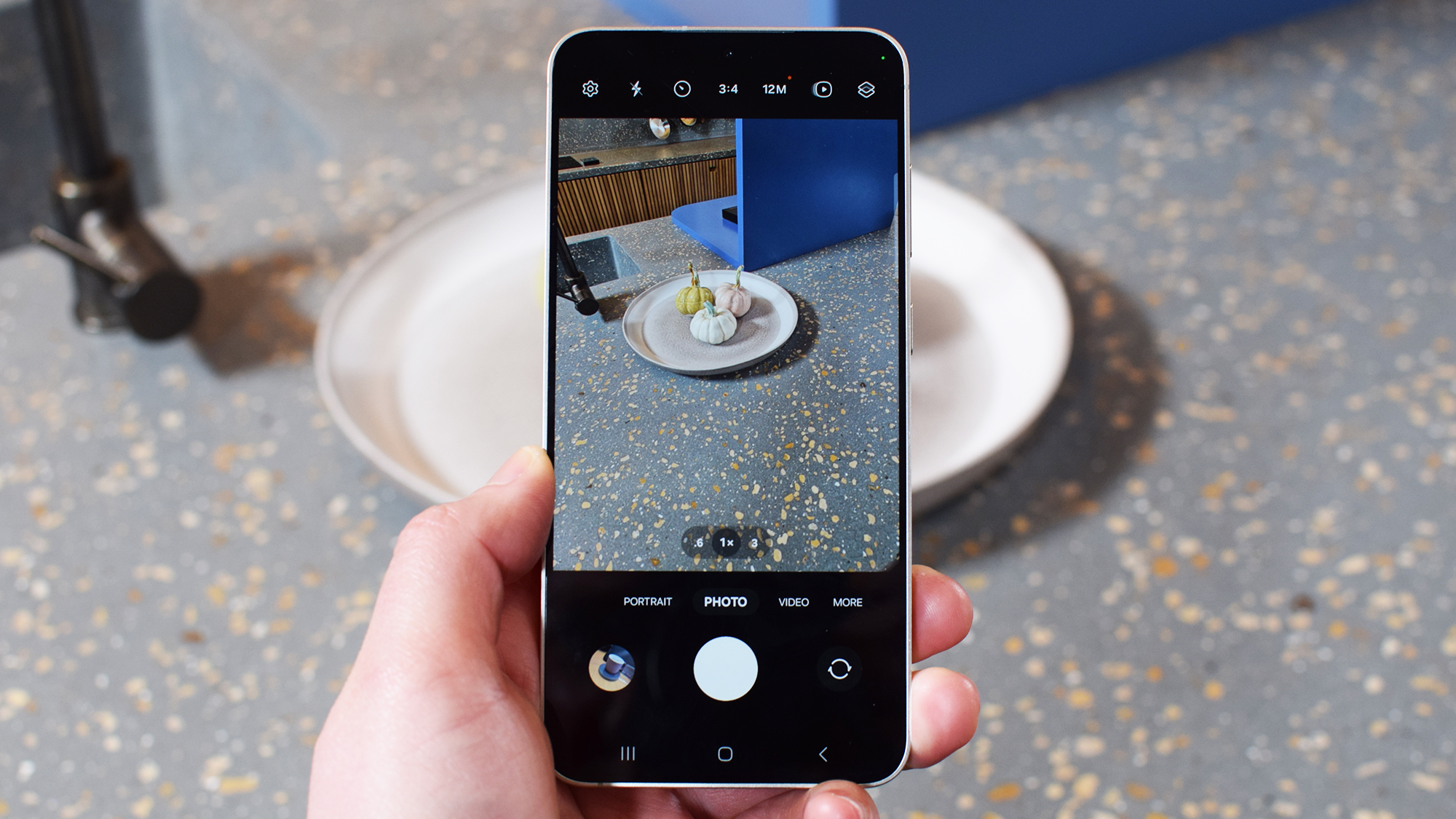
I’m normally a flagship phone guy. As the Managing Editor of Mobile Computing at TechRadar, having one of the latest high-end phones to hand is beneficial to my job, and to give you, dear readers, various hot takes and thoughtful analysis.
So with the reveal of the Samsung Galaxy S24 series at the first Samsung Galaxy Unpacked of 2024, I thought the Galaxy S24 Ultra would have a stranglehold over my attention; it’s the most flagship of the new flagships phones and I already use the Galaxy S23 Ultra. But this was not the case.
Rather it was the smaller and lesser-specced Galaxy S24 that tickled the mobile tech synapse of my gray matter.
It’s been a while since I’ve used a standard Galaxy S-series phone; the last time I popped my SIM card in one was in 2021 with the Galaxy S21, the phone that established the general design language of its successive successors. I remember being a little enamored by the neat combination of the phone’s design, slick display, performance, and camera capabilities.
However, the pull of various other larger phones like the Galaxy Ultra, Folds, and various Pixel Pro phones saw me move away from the Galaxy S21. So I’d half-forgotten how nice a more compact Galaxy phone is.
Samsung Galaxy S24: AI smarts in a slick chassis

Then ahead of Unpacked, I got a chance to get my hands on the Galaxy S24. And a flood of nostalgia washed over me, as I remembered just how nice a 6.1-inch screen phone can be.
As you'll see in Senior Phones Editor Alex Walker-Todd’s hands-on Samsung Galaxy S24 review, the newest base model offers far more than just that lovely palm-sized screen. Trimmer bezels on the new standard Galaxy phone mean it can fit a 6.2-inch display in the same overall footprint as its predecessor. The screen is brighter too, topping out at 2,600 nits, and it can now throttle down from 120Hz to a mere 1Hz to help save battery life – the Galaxy S23 could only drop to 48Hz. And there are extra upgrades too.
These won’t blow any minds, but the battery is now 100mAh bigger, there’s a chip upgrade in the form of the Exynos 2400 or Snapdragon 8 Gen 3 – depending on what region of the world you live in – new Armor Aluminum makes for a stronger phone chassis with the phone using a unibody ‘One-Mass Design’. Plus there’s a generous selection of Samsung Galaxy S24 colors to choose from.
All these little tweaks already add up to a nice upgrade over the Galaxy S23, and more so for people chewing over upgrading from the Galaxy S22. But they aren't the core reason the Galaxy S24 has my attention.

All the AI-powered smarts the Galaxy S24 Ultra has are also coming to the Galaxy S24 and Galaxy S24 Plus. That means access to live translation and note-taking features, the powerful Generative Edit AI tech that lets users change the composition of a photo with zero Photoshop skills, as well as benefit from suggested edits to take a hastily snapped photo and make it worthy of sharing. Even the neat Circle to Search feature that makes use of the Galaxy S24 Ultra’s S Pen can also be used on the Galaxy S24.
As an overall package, the Galaxy S4 has a plethora of upgrades over its predecessor and a whole host of smart generative AI tools that could be actually useful in everyday phone use rather than nice to haves. And it has all this for a starting price of $799 / £799 / AU$1,399.
That’s the same price (cheaper in Australia) as the $799 / £799 / AU$1,499 iPhone 15, which has one less rear camera, a 60hz display, a smaller screen, an arguably less pleasing design, and no generative AI tools.
So I reckon the Galaxy S24 is shaping up to be a bit of a bargain, especially as it’s not lacking all that much compared to its Ultra stablemate. And if I were to buy one of the new Galaxy phones with my own money, I think I’d be drawn to the Galaxy S24 more than I expected.
We’ll need to do a full review of the phone but the early signs are promising, and I’d be surprised if the Galaxy S24 didn’t score high spots on our best Android phones and overall best phones lists.







